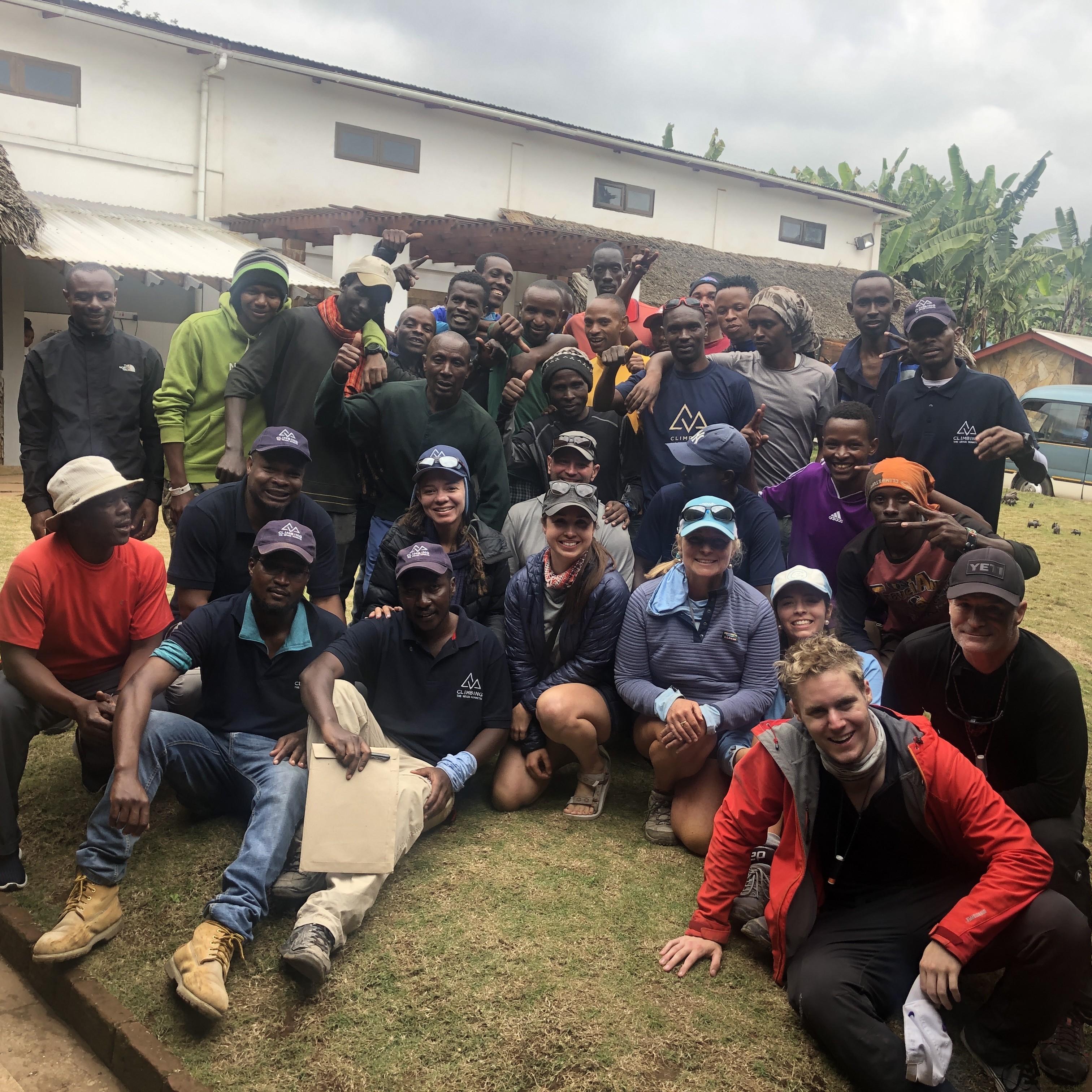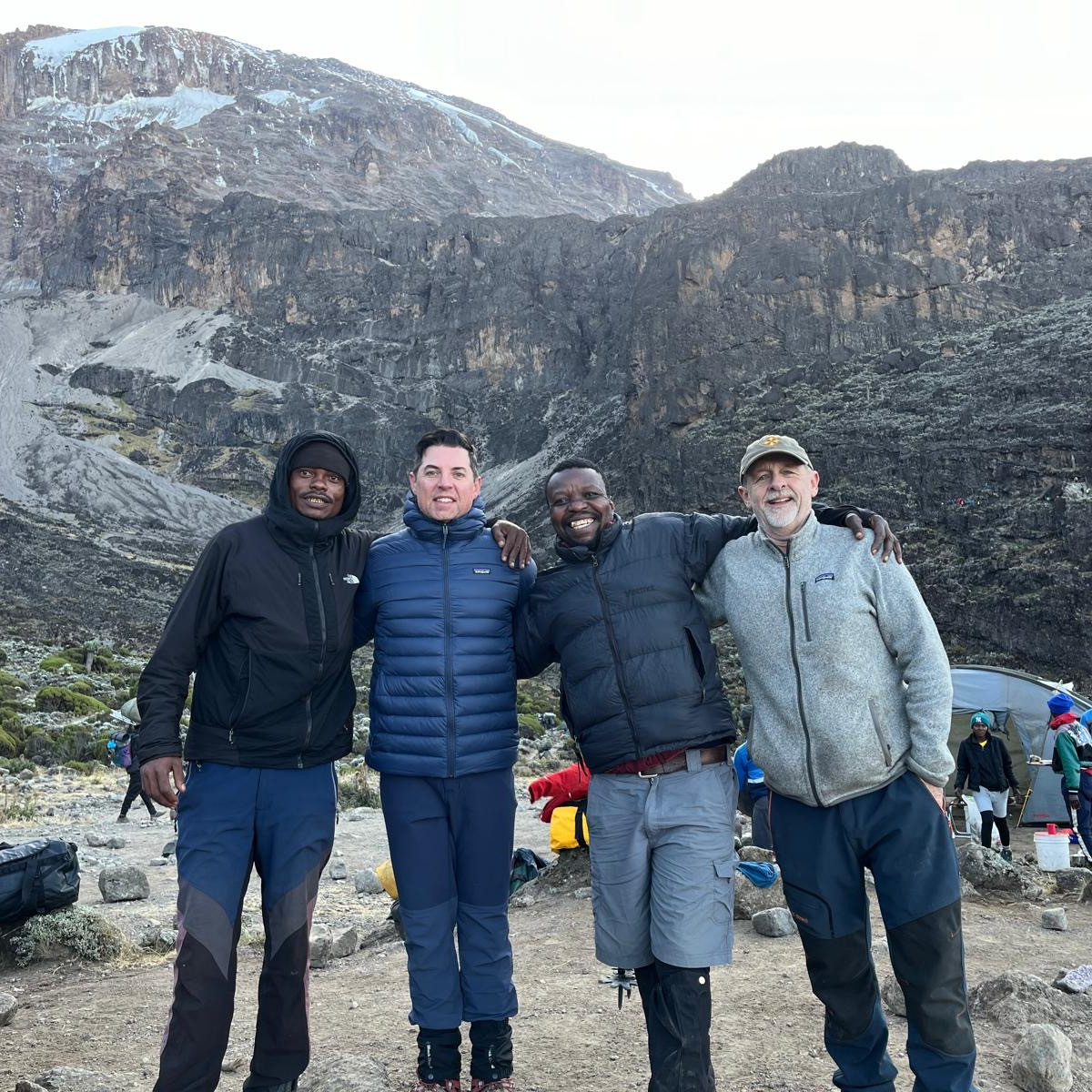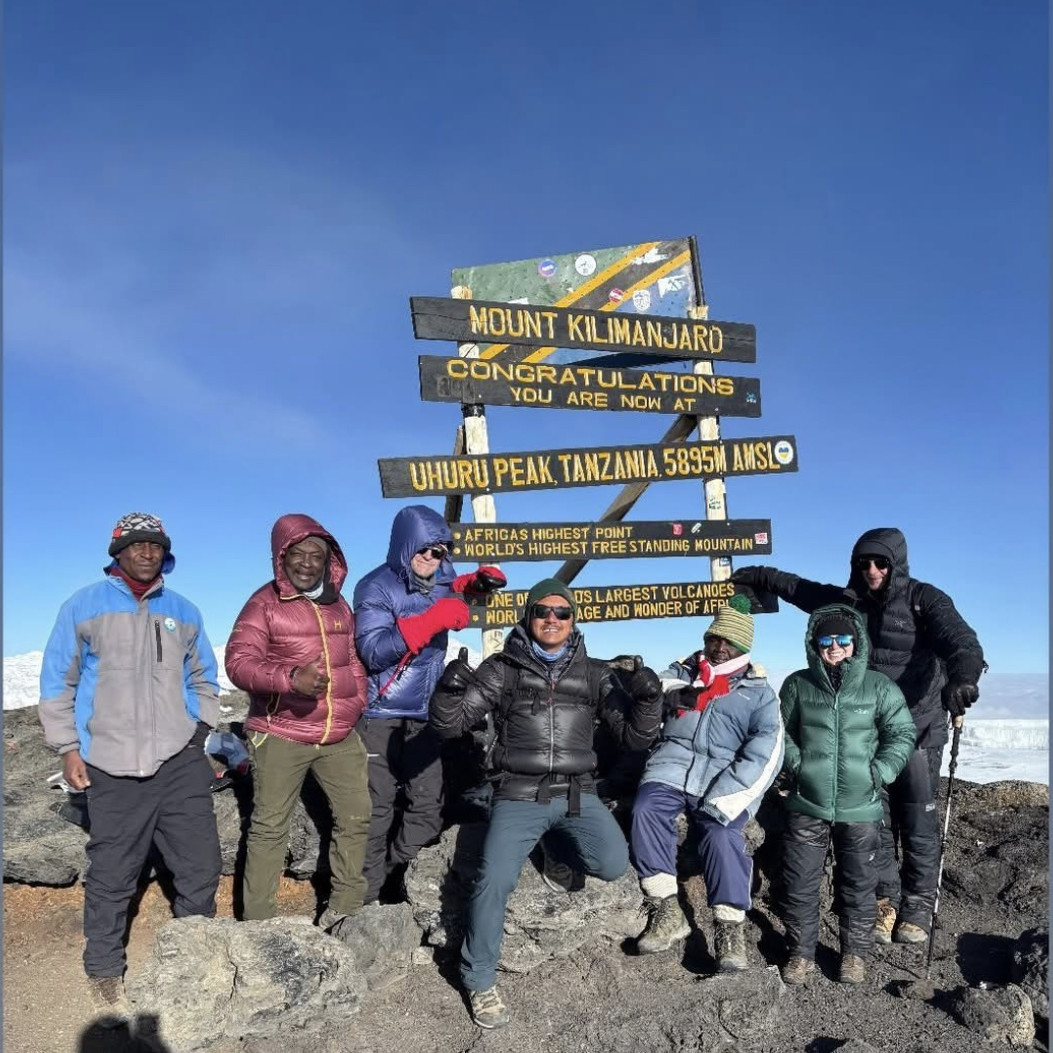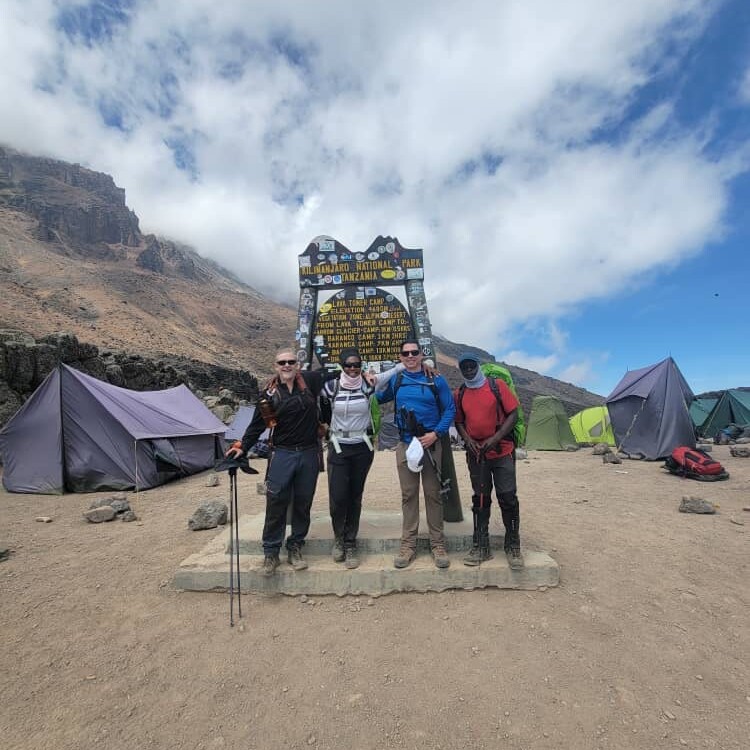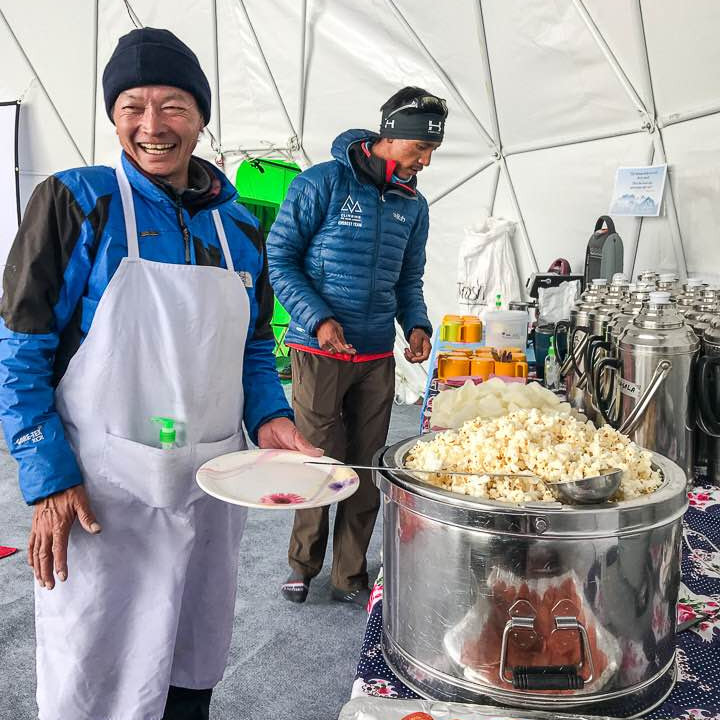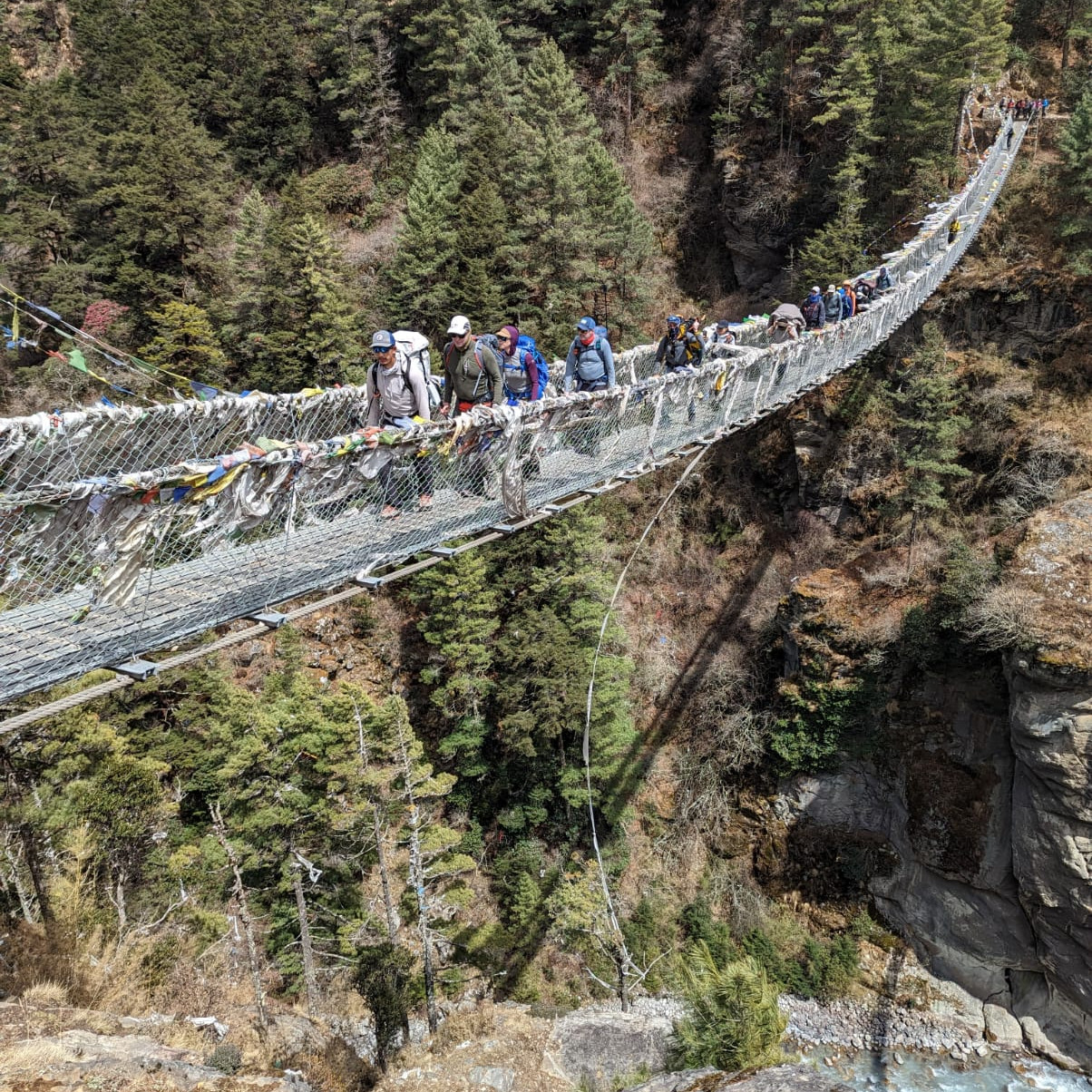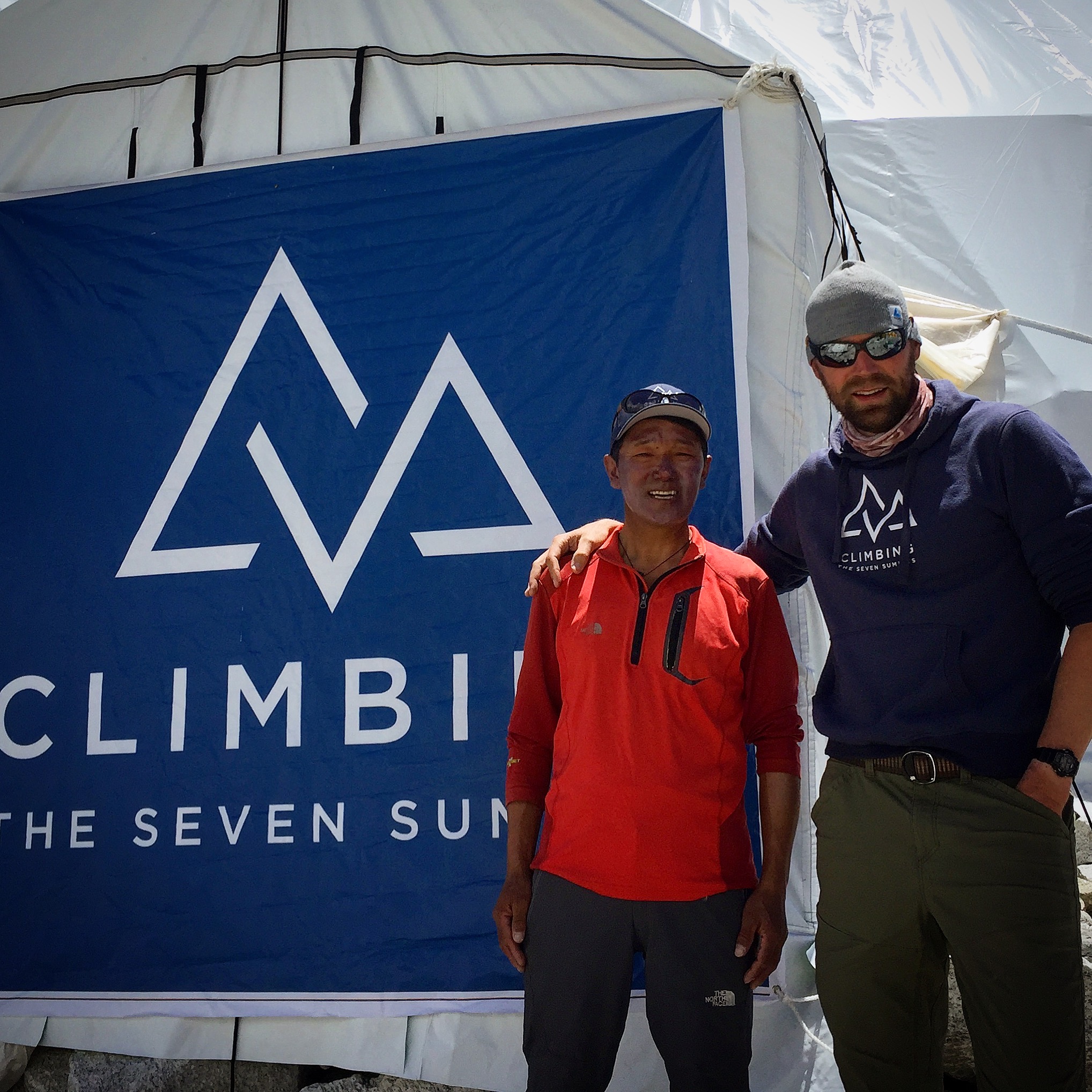Kilimanjaro & Ethical Trekking: Why Porter Welfare Matters
Kilimanjaro isn’t just another peak—it’s often the gateway to high-altitude climbing and, for many, the first step in tackling the Seven Summits. The experience you have on this mountain shapes the foundation of your mountaineering career, making ethics a crucial piece of the puzzle to consider. With nearly 300 Kilimanjaro operators to choose from, it’s essential for climbers to be aware of the realities of the tourism industry on the mountain.
Every expedition is only as strong as its team, and no one plays a more vital role on Kilimanjaro than the porters. They haul the gear, set up camp, prepare meals, and ensure climbers have the best possible chance of success. Yet, approximately 70% of operators on Kilimanjaro DO NOT meet ethical standards, meaning hardworking porters are often exploited and mistreated, receiving little to no wages, tips, food, or proper sleeping conditions.
This is where the Kilimanjaro Responsible Trekking Organization (KRTO), formerly known as the Kilimanjaro Porters Assistance Project (KPAP), steps in—setting the gold standard for fair porter treatment and implementing accountability for climbing companies.
As a certified KRTO partner, Climbing the Seven Summits (CTSS) is proud to be among the companies prioritizing ethical trekking. We believe that climbing in good style isn’t just about reaching the summit—it’s about how you get there and ensuring that every member of the team is treated with dignity and respect.
Why Porters Matter
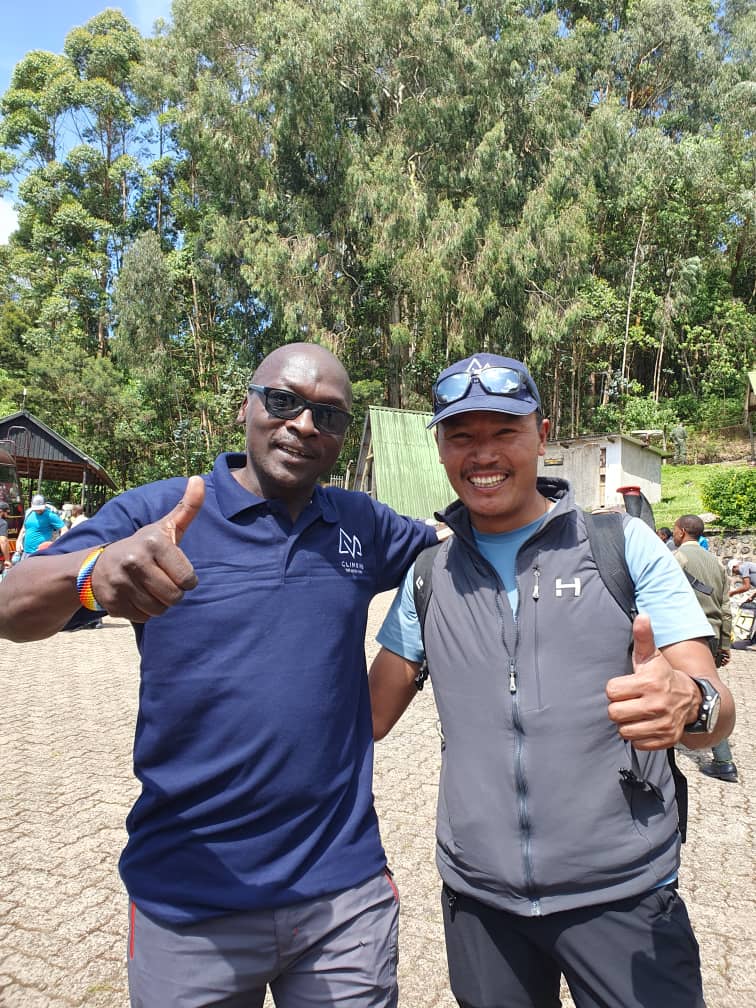
Porters are the backbone of all Kilimanjaro expeditions, making summit attempts possible for thousands of climbers each year. If you’ve climbed other high-altitude peaks, think of Kilimanjaro’s porters as the equivalent of Everest’s ice doctors or even the muleteers on Aconcagua. Their work goes beyond carrying loads—they create an environment that enables success.
Porters carry essential equipment, including tents, sleeping bags, food, and personal gear, allowing climbers to ascend with only a daypack. They also set up and dismantle camp, prepare meals, fetch and purify water, and provide encouragement and motivation along the way through their traditional songs and stories.
For an expedition to be KRTO-approved, porters must not carry more than 44 lbs (20kg) and must have access to proper gear, food, and sleeping conditions. Unfortunately, many non-approved operators ignore these regulations, forcing porters to endure harsh conditions for minimal pay. If you come across a price point that is too good to be true, it probably is. discount operators often keep their prices low at the expense of their porters.
KRTO: The Gold Standard for Porter Welfare
KRTO stands as a beacon of sustainable tourism and social responsibility on the Roof of Africa. Originally founded in 2003 by the International Mountain Explorers Connection (IMEC), the organization was created to address poor working conditions on Kilimanjaro. Their mission is to ensure responsible trekking by advocating for fair treatment of porters, educating the public on porter welfare, and implementing accountability measures for climbing companies. Their focus includes:
- Free clothing lending programs to ensure porters have proper gear
- Education and empowerment through free English, First Aid, HIV/AIDS awareness, money management, and porter rights classes
- Public awareness and advocacy for proper porter treatment
KRTO continuously monitors its partner companies through:
- Porter questionnaires and interviews to gather direct feedback
- Examination of salary distribution methods to ensure fair wages are paid
- Review of tipping procedures for transparency
- Audit and reporting by investigative porters who document working conditions on expeditions
“The working conditions for porters changed when KRTO came on the scene. There’s a big difference between KRTO and non-KRTO-approved companies. I no longer have to pay bribes to get work, and I receive the salary I deserve.”
– Michael, Kilimanjaro Porter
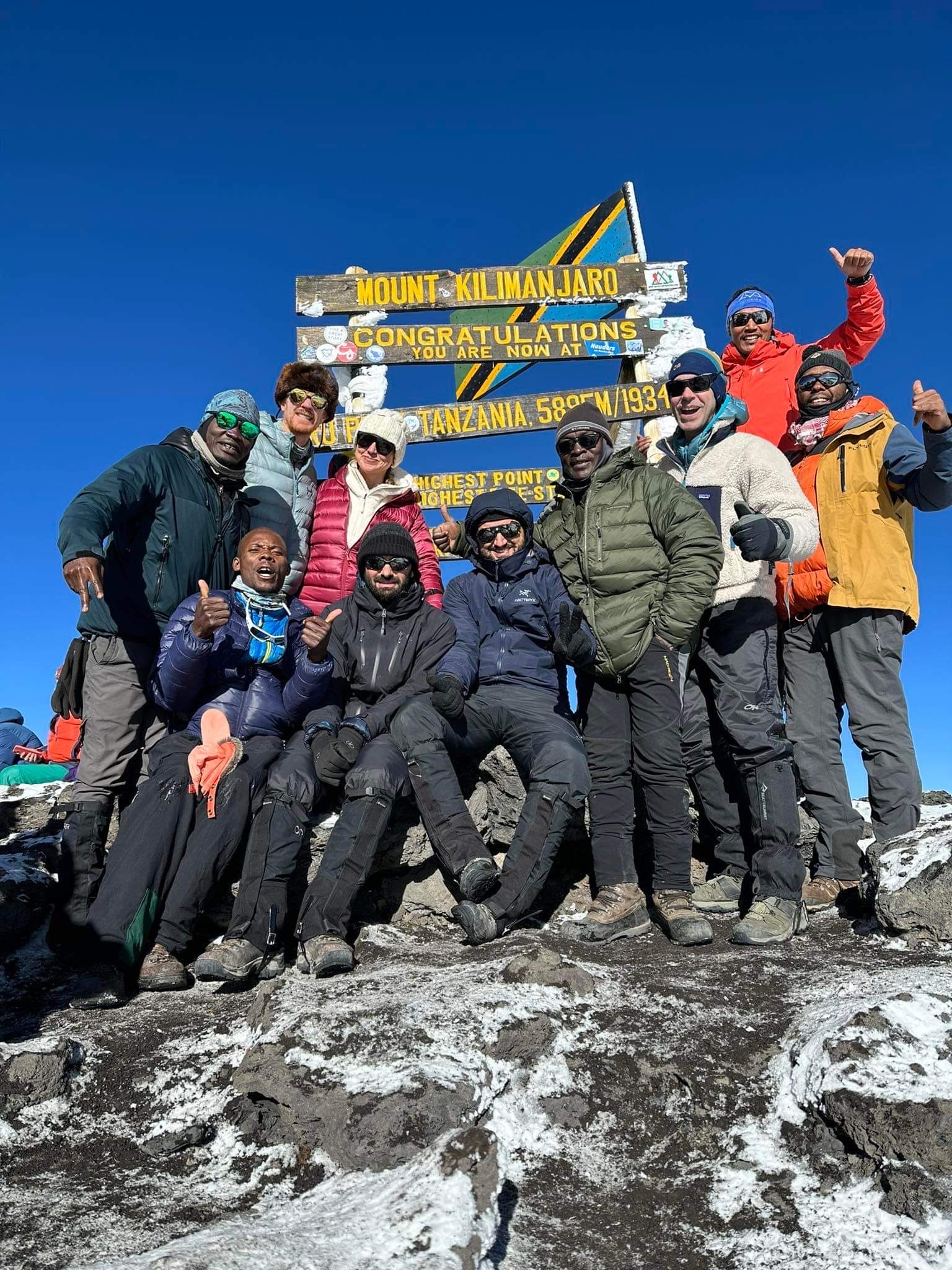
Since its inception, KRTO has significantly improved the lives of Kilimanjaro porters by ensuring better working conditions, fair treatment, and increased opportunities. Porters on 37,478 expeditions have borrowed KRTO’s mountain climbing gear free of charge, ensuring they have access to the necessary clothing and equipment. Each year, more than 7,000 porters benefit from fair wages and ethical employment standards, while more than 16,000 porters and guides have participated in free education programs.
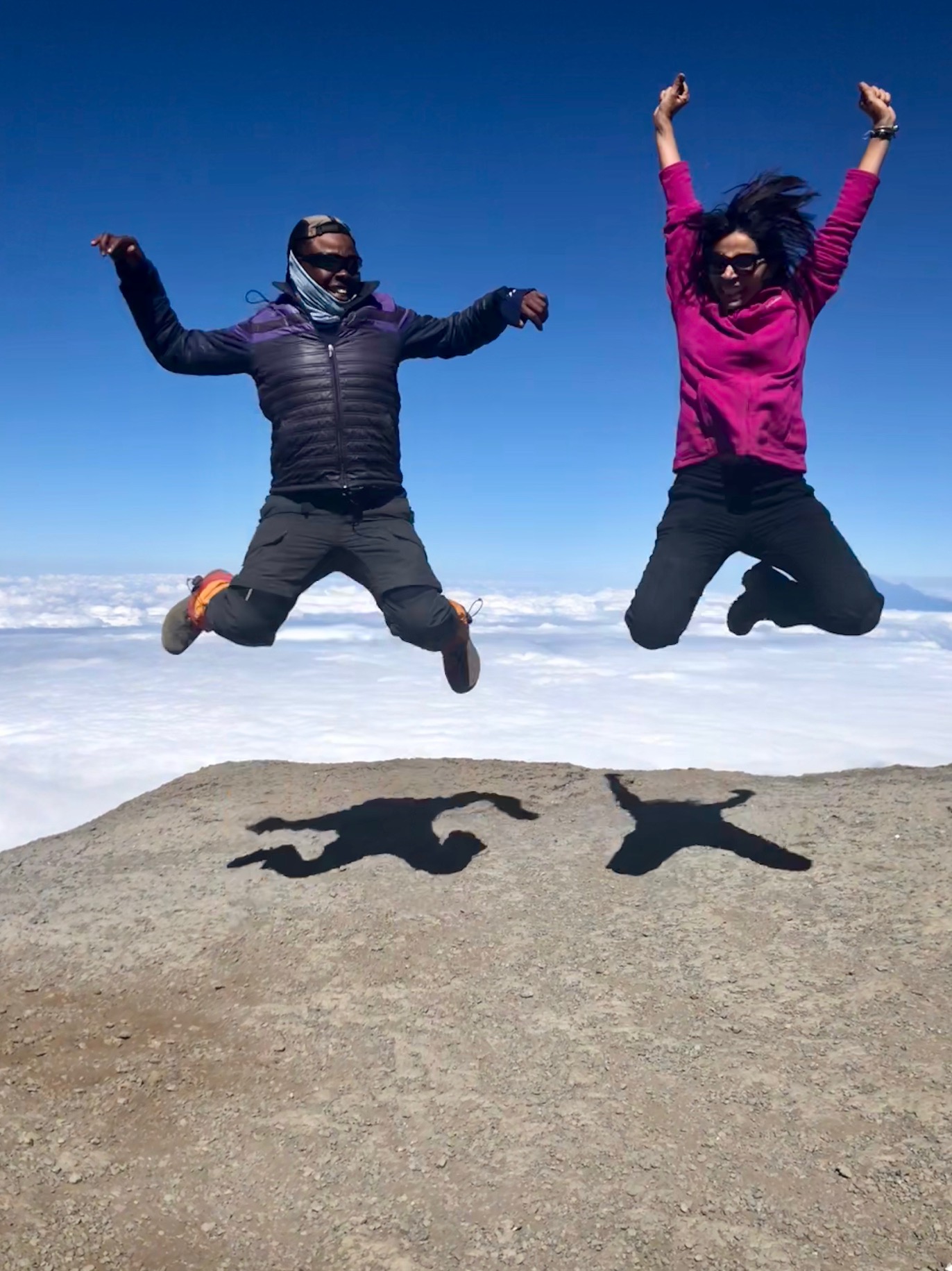
KRTO also focuses on labor rights, with 5,000+ porters trained to understand and advocate for their rights in the workplace. Environmental responsibility is another priority, with more than 1,100 porters certified in Leave No Trace (LNT) principles, ensuring Kilimanjaro remains pristine for future generations. Additionally, 1,300+ guides and porters have received first aid certification, enhancing safety for both staff and climbers.
The positive impact of KRTO often extends into the broader lives of porters off the mountain, empowering them to support their families, invest in education, and create additional sources of income during the off-season.
“There is a big difference between now and [before joining] KRTO. I have benefitted a lot and have made huge steps in life. My children are in school, I rent a farm for agriculture, and I also keep 3 goats and 2 sheep, all from my mountain wages. I have diversified my income sources when not working on the mountain. I sell shoes and clothes and do food vending, depending on the seasons and opportunity. May God bless KRTO because they have helped us a lot.”
– Anna, Kilimanjaro Porter
CTSS & KRTO: The Future of Ethical Adventure Travel
At CTSS, ethical trekking isn’t an add-on—it’s the foundation of how we operate. Our partnership with KRTO ensures that every porter on our Kilimanjaro expeditions is treated fairly, with respect and dignity.
At CTSS, we pay a minimum wage of 20,000 Tanzanian shillings per day, with all wages paid within two days of trip completion. Porters receive three full meals per day, high-quality tents for shelter, and no individual carries more than 20kg (44 lbs). Each climber is supported by at least three porters, reducing physical strain and improving the overall trekking experience. Our compliance with KRTO standards is independently monitored, ensuring transparency and accountability.
But our commitment doesn’t stop at Kilimanjaro. Across all our expeditions, from Everest to Vinson, we champion ethical and sustainable adventure travel—investing in local communities, following strict environmental standards, and advocating for fair treatment of guides, porters, and staff worldwide. A percentage of every expedition fee goes directly to the Tiger of the Snows Fund, which, in turn, provides scholarships, training, and other initiatives that improve the well-being of those who dedicate their lives to the mountains. Over the last five years, this non-profit has funded the education of three Chagga students whose parents are porters on Kilimanjaro.
Whether through our partnership with KRTO, contributions to the Tiger of the Snows Fund, or our adherence to Leave No Trace principles, CTSS is setting the standard for responsible climbing. And for us, the true measure of success isn’t just reaching the summit—it’s the impact we leave behind. When you climb with CTSS, you’re not just standing on top of a mountain—you’re standing for something bigger.
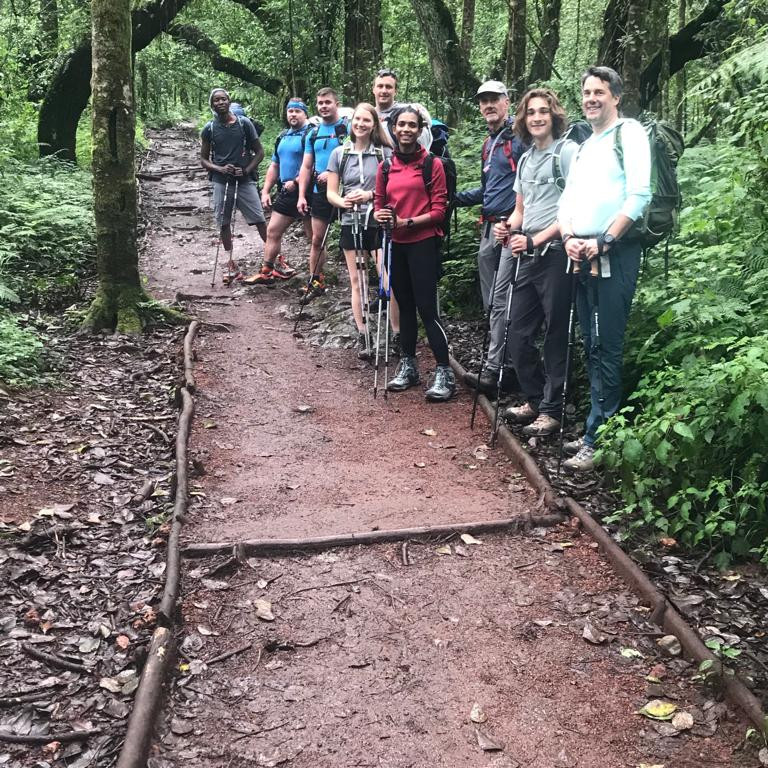
If you’d like to directly support KRTO and the mountain crews that work on Kilimanjaro, you can donate directly or participate in their initiative called Bring Some More to Kilimanjaro. In short, you can donate your gently used trekking gear, clothing, and footwear to support their gear lending program. Due to the expensive mailing costs and import taxes in Tanzania, it is best to have the gear carried by individuals who are traveling to Tanzania. Reach out to KRTO if you’d like to do this so they can advise you on customs procedures.
